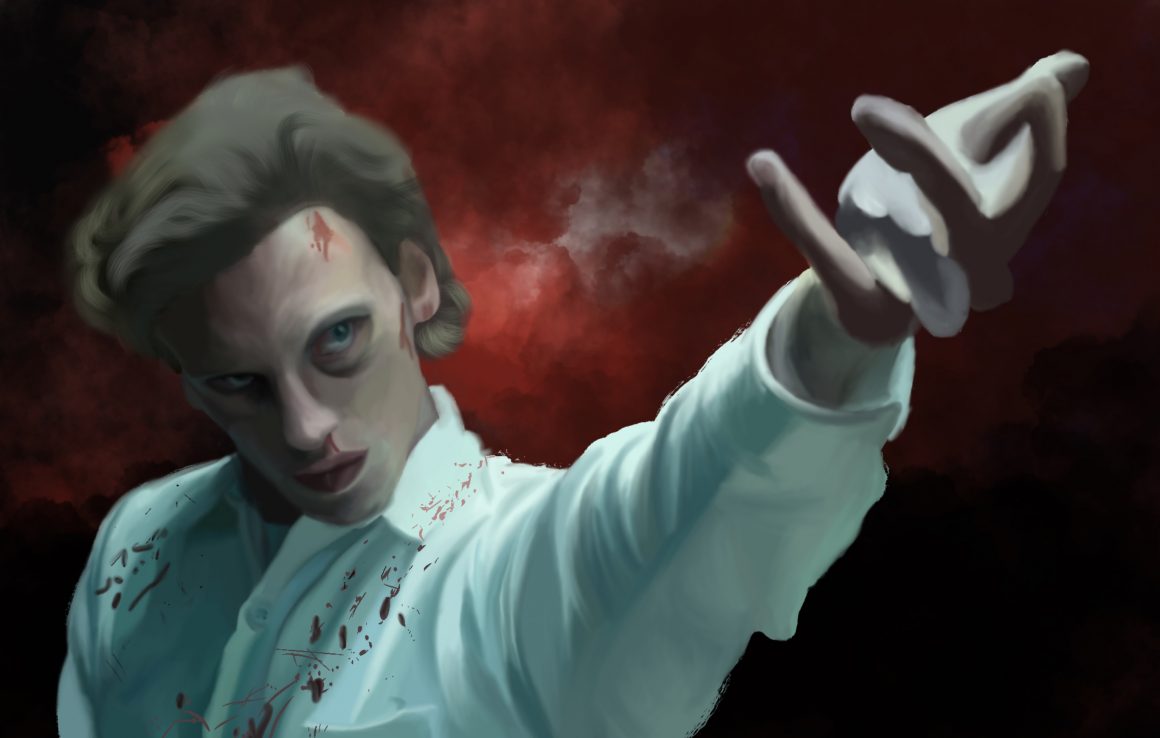
Vecna is more than just a sci-fi villain
By Nazeefa Ahmed, July 22 2022—
Disclaimer: This article contains spoilers to season four of Stranger Things.
I still have not emotionally recovered from season four of the sci-fi thriller, Stranger Things. As someone who patiently waited for almost three years for this season, with expectations increasing with each trailer release, I can happily say that the Duffer brothers did not disappoint. After a mediocre season three, the brothers returned to the horror roots of season one and two, finally giving fans the gory monsters and complex characters we know and love, without relying on 80s nostalgia as a crutch.
In particular, the villain of this season was one that had much more allegorical depth than previous Demogorgon and Mind Flayer. A grotesque humanoid figure, Vecna, haunted Hawkins this time, mutilating his victims in a gruesome display of power. Vecna was once Henry Creel, a quiet boy whose time in the 1950s Hawkins home made him more cynical about humanity. He believed humans were pests, and that time was a meaningless construct used to structure average lives and live in denial of oneself.
Vecna’s true power comes from attacking people when they are at their weakest, using guilt and shame to evoke feelings of worthlessness. Every person he killed was struggling — Chrissy had an eating disorder and depression, Fred killed someone in a fatal car crash, Patrick was implied as being abused and Max was mourning her older step brother, Billy. Those who are having depressive or suicidal thoughts usually have something in their lives that makes every day a waking nightmare. Their friends and family are often unaware of the cavity in their heart, leaving them powerless to the calls of Vecna. For example, when Lucas tried to talk to Max about her seeing the therapist, she shut him out, saying “I’m fine” to hide her vulnerability.
He also comforts his victims with phrases like, “You belong with me” and “There is a reason you hide from them.” Slowly, his victims submit to his overbearing power and accept their fate. However, the Duffer brothers show that Vecna can not overpower people when they are reminded of the people they love that they would be leaving behind.
In the iconic scene with Max and Vecna in the Upside Down, Vecna is about to take her life as she levitates. Because Vecna’s weakness is music, her friends play “Running Up That Hill” by Kate Bush and she has flashbacks to all of the moments in her life that made her happy. She sees the first time she met the group on Halloween and when she danced with Lucus at the Snow Ball. She realized that during the lowest point in her life, she needed to fight for all the good moments. Once she realizes that, Vecna loses his grasp on her and she runs towards her friends. She literally runs up the hill of guilt and sadness, realizing that she has more life to live.
Vecna resonated with Stranger Things’ mostly Generation Z audience. In fact, this demon is one that many teens carry on their backs every day. Gen Z is living through a mental health epidemic. Studies have found Gen Z reporting higher rates of depression and anxiety than any other age group. Additionally, surveys show Gen Z with lower emotional and social well being, a trend that has only been exacerbated by the isolation of the pandemic. The increasing cost of living has also made financial stability of Gen Z something of the past. Is it very difficult to afford gas, tuition and rent on a minimum-wage salary.
We are also a group that keeps our emotions hidden. Gen Z is 1.6 to 1.8 times more likely to not seek help for mental health issues. Studies cite that stigma of mental health issues among families and communities make it difficult for Gen Z to reveal their feelings without the fear of being judged.
Therefore, Vecna is an embodiment of the dark thoughts in our heads, ones that, when taken to the extreme, cause depressive episodes and suicidal thoughts. Teens who fear sharing their problems with others can see Max run through the Upside Down to get away from the hopeless thoughts as a sign that they are not alone. They can see the whispers in their minds as a physical being, one that can be defeated with hope and help from their loved ones.
The Duffer brothers understood that after a global pandemic, their Gen Z audience wanted a villain that they could understand. Vecna was exactly that — a dark shadow of whispers that never really go away. Vecna is the real monster under our beds. He is the anchor pulling down on our hearts on a hard day. He is the pang in our chest when we feel our happiness seeping away. One day, he will be a distant stranger, someone that reminds us of everything we have fought for.
